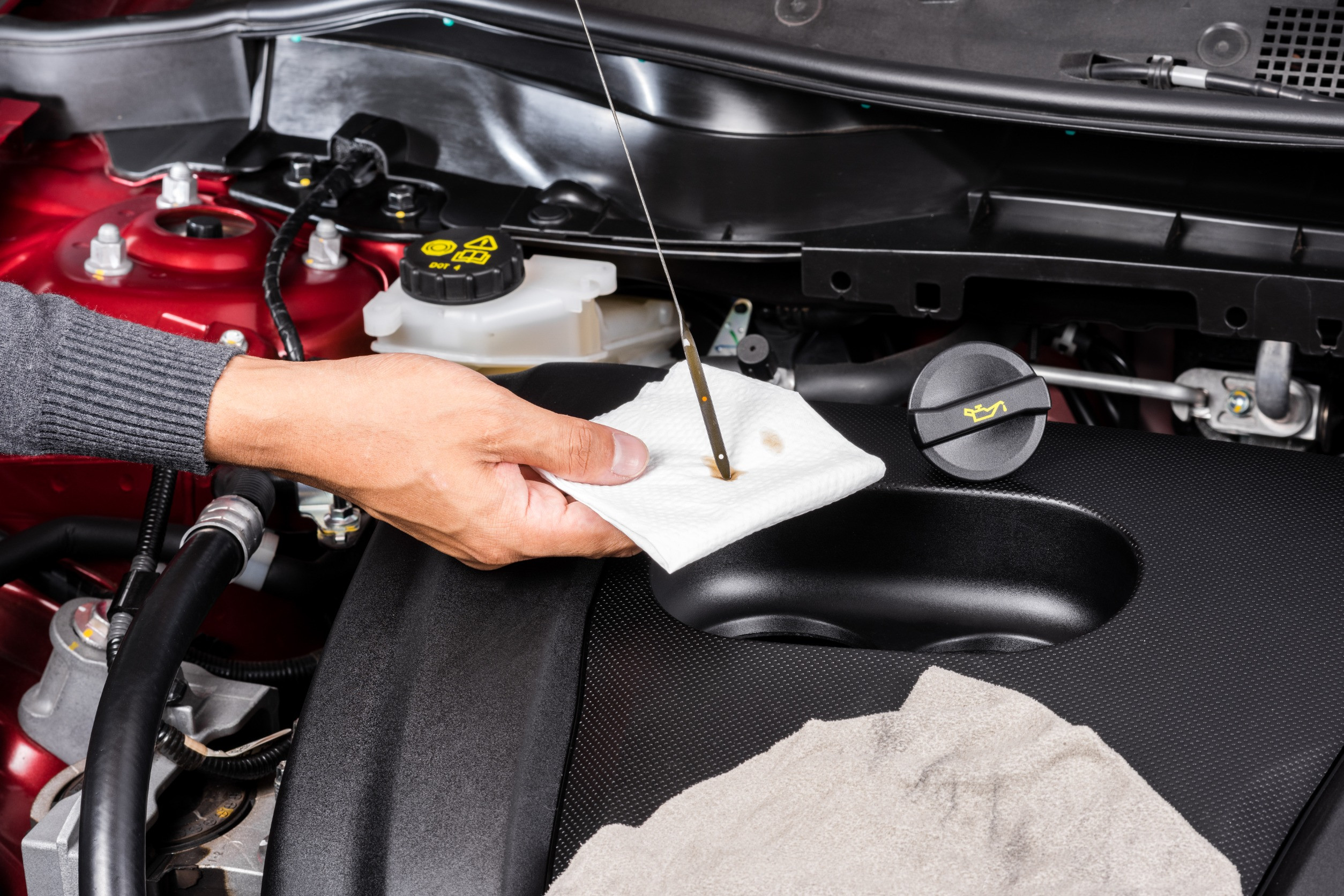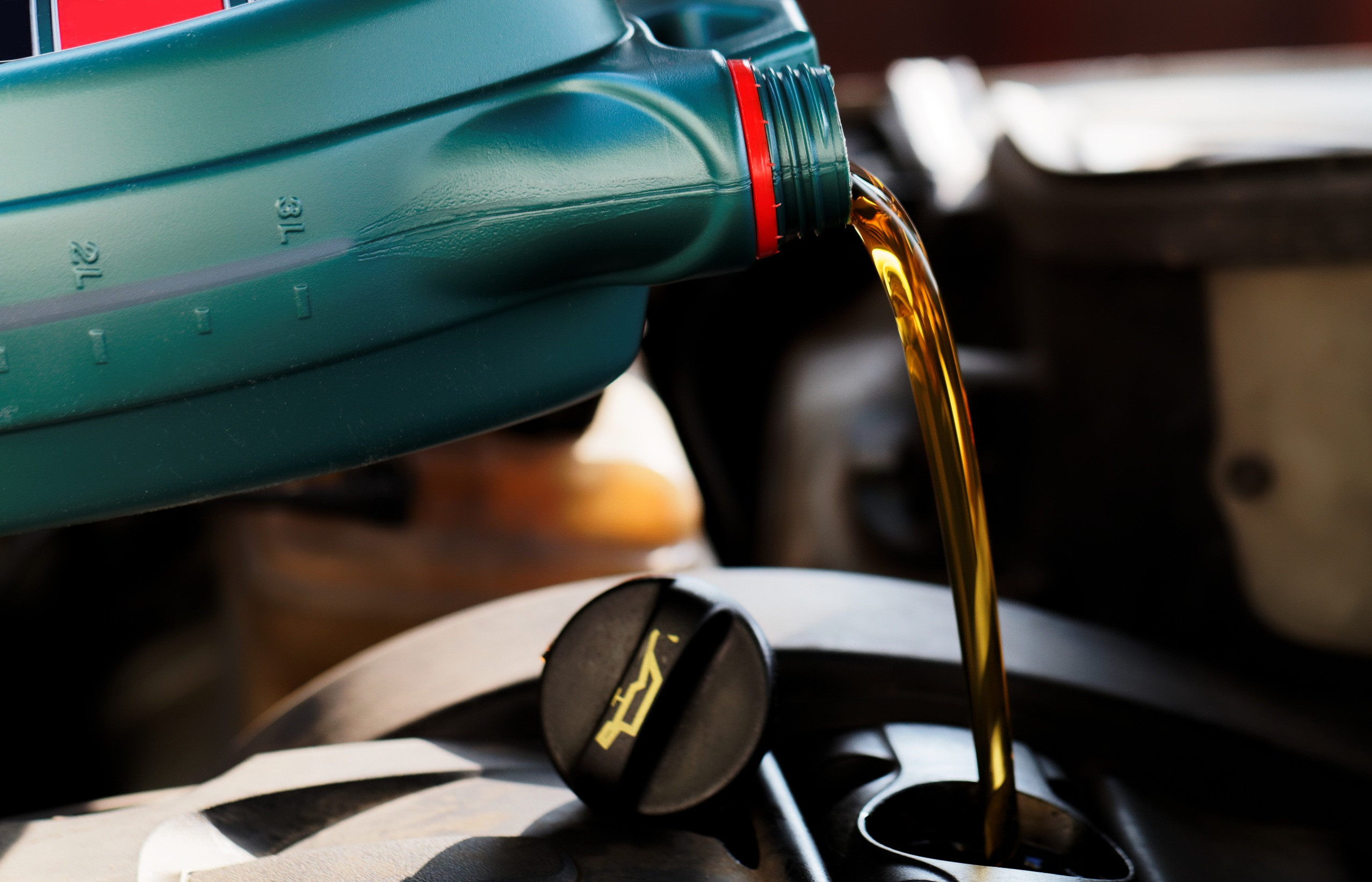The Importance of Oil Changes: Myths vs Facts
Oil change, a pivotal routine in vehicle upkeep, is often clouded by numerous myths. Distinguishing what’s factual from fictional is key to ensuring your vehicle's peak performance and extended lifespan.
Dispelling Common Oil Change Myths
Myth 1: The 5,000-Mile Oil Change Rule

Fact: This age-old belief is outdated. Today's advanced engines and high-quality lubricants extend the mileage between oil changes. Many modern cars, equipped with efficient engines and synthetic oils, can comfortably cover 10,000 to 20,000 miles or more. It’s best to adhere to your vehicle manufacturer's guidelines outlined in the manual.
Myth 2: Synthetic Oil Leads to Engine Leaks
Fact: Contrary to this old misconception, modern synthetic oils are designed to be fully compatible with most engine types, eliminating the risk of causing leaks. The misconception originated when early synthetic oils sometimes led to seal shrinkage in older engines, but this is no longer a concern with current formulations.
Myth 3: No Turning Back from Synthetic Oil

Fact: Switching between synthetic and conventional oils is entirely feasible. There is no technical hindrance in alternating them, though synthetic oils are generally recognized for superior performance and protection.
Myth 4: Dark Oil Signals a Change
Fact: Oil color is not a reliable measure of its effectiveness. While new oil usually has a lighter hue, it darkens through normal engine operation. A darker color doesn’t imply that the oil is contaminated or ineffective. Vehicle owners should instead rely on the recommended intervals for oil changes and watch out for any unusual engine sounds or performance issues.
Myth 5: Uniform Benefits of Oil Changes Across All Vehicles

Fact: The advantages of regular oil changes vary based on the vehicle’s age and model. While it’s beneficial for all vehicles, the degree of impact differs. Older models with more wear might need oil changes more frequently, whereas newer vehicles with advanced engines and high-quality oil might not.
The Advantages of Regular Oil Changes
- Enhanced Engine Efficiency: Fresh oil provides optimal lubrication, minimizing friction and improving engine output.
- Increased Longevity: Consistent oil changes prevent excessive wear on engine components, thereby prolonging their life.
- Lower Emissions: Maintaining clean oil is crucial for efficient engine functioning, which in turn reduces harmful emissions.
Conclusion
Regular oil changes stand as a critical element in vehicle maintenance. By debunking common myths and embracing the facts, you ensure that your vehicle gets the necessary care for top-notch performance and extended service life. Always reference your vehicle's manual and seek expert advice for customized guidance.
If you're seeking high-quality lubricants or professional advice tailored to your vehicle's needs, Lube Squad is your go-to resource. Our expertise in automotive lubricants ensures your vehicle receives the best possible care. Visit our website or contact us today to explore our range of products and services, and take a step towards optimal vehicle performance and maintenance.

